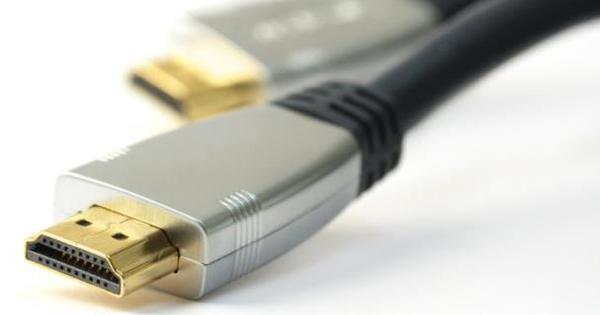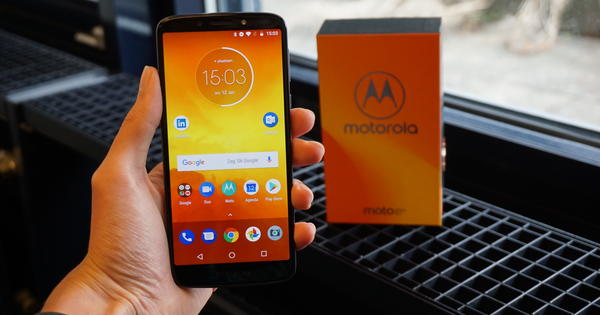Memory cards are getting bigger and bigger, which is nice, because you can store more and more photos, data, etc. on them. It becomes less pleasant when the card suddenly gives up the ghost. Because unless you have emptied the card regularly, you will lose a lot of data. Fortunately, if you didn't literally break the card in half, there are ways to recover a broken memory card.
Don't mess around
You can recognize a defective memory card by the fact that the card is not recognized when you insert it into the computer or your card reader, and you often also get a message whether you want to format the card. The cause is often a corrupted index file. This file tells your computer what is on the memory card. So when this file is damaged, it looks like the card is empty, but the reality is different.
It is important that you do not mess with the card and try to use all kinds of 'handy' tricks yourself, because the chance is then only greater that you have actually lost your data. The most sensible thing to do is to download the right software as soon as possible that will help you recover the photos/data.

Do not mess with a defective memory card, you will only cause more damage.
CardRecovery
CardRecovery is a handy app for recovering media files from a memory card. We specifically mention media files here, because CardRecovery is specifically intended for, among others, jpg, raw, avi, mov, mpg and so on. A small disadvantage of the app is that it only works for cards that are still recognized and are assigned a drive letter. The app is therefore especially useful for recovering media files on a card that you have accidentally formatted (for example, after it was no longer recognized) or emptied. You do pay a hefty price for CardRecovery, $40 to be exact.

CardRecovery is a fantastic program, but at $40 it is a bit pricey and limited.
PhotoRec
PhotoRec is by far the most powerful lost file recovery software. The name suggests that it is only about photos, but in reality the program can recover all kinds of files, unlike CardRecovery also from cards or other removable drives that are no longer recognized at all.
The program has one very big advantage and one very big disadvantage. The downside is that PhotoRec's interface is rather cumbersome, for the simple reason that it lacks. The entire process takes place in a DOS box, and while you can find out how it works fairly easily with help commands and help from the site, it can be quite intimidating for those just used to working with graphical interfaces. The big advantage, on the other hand: PhotoRec is completely free, in other words, it doesn't hurt to try out whether you can cope with the lack of interface.

PhotoRec is free, but works without a graphical interface.
Recuva
As far as we are concerned, Recuva is the best of both worlds in this area. The app is completely free (without support, but we don't lose any sleep over that), and it has an incredibly user-friendly interface. Instead of being thrown in at the deep end, this program holds you by the hand and asks what exactly you want to get back from the card and in what way. There is no easier way to get your files back. The app is slightly slower than PhotoRec in the recovery process, but no less comprehensive.

Recuva is free and has a very nice Wizard. Recovering files couldn't be easier than this.

